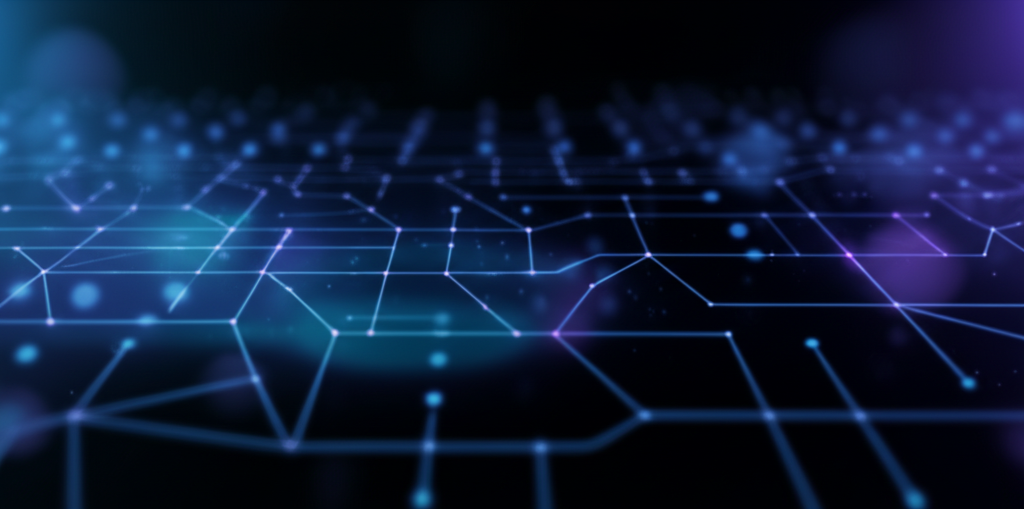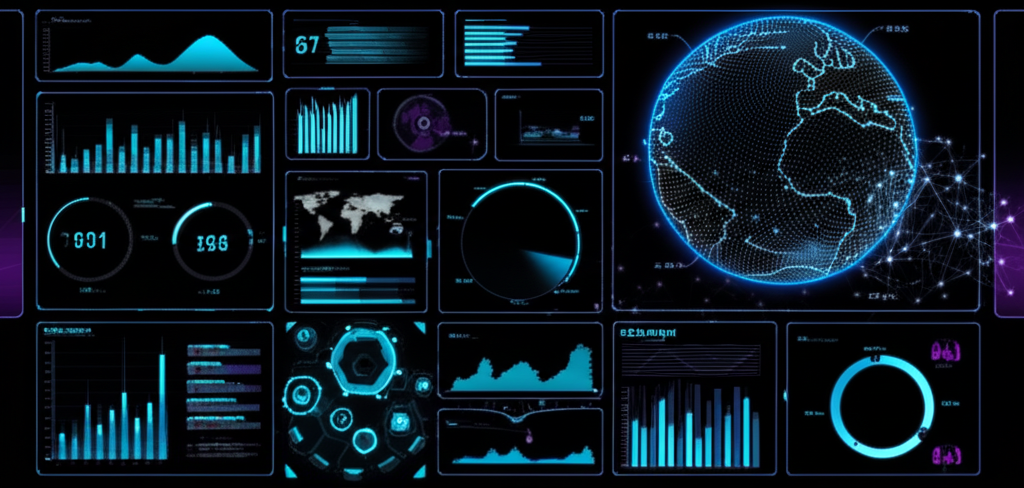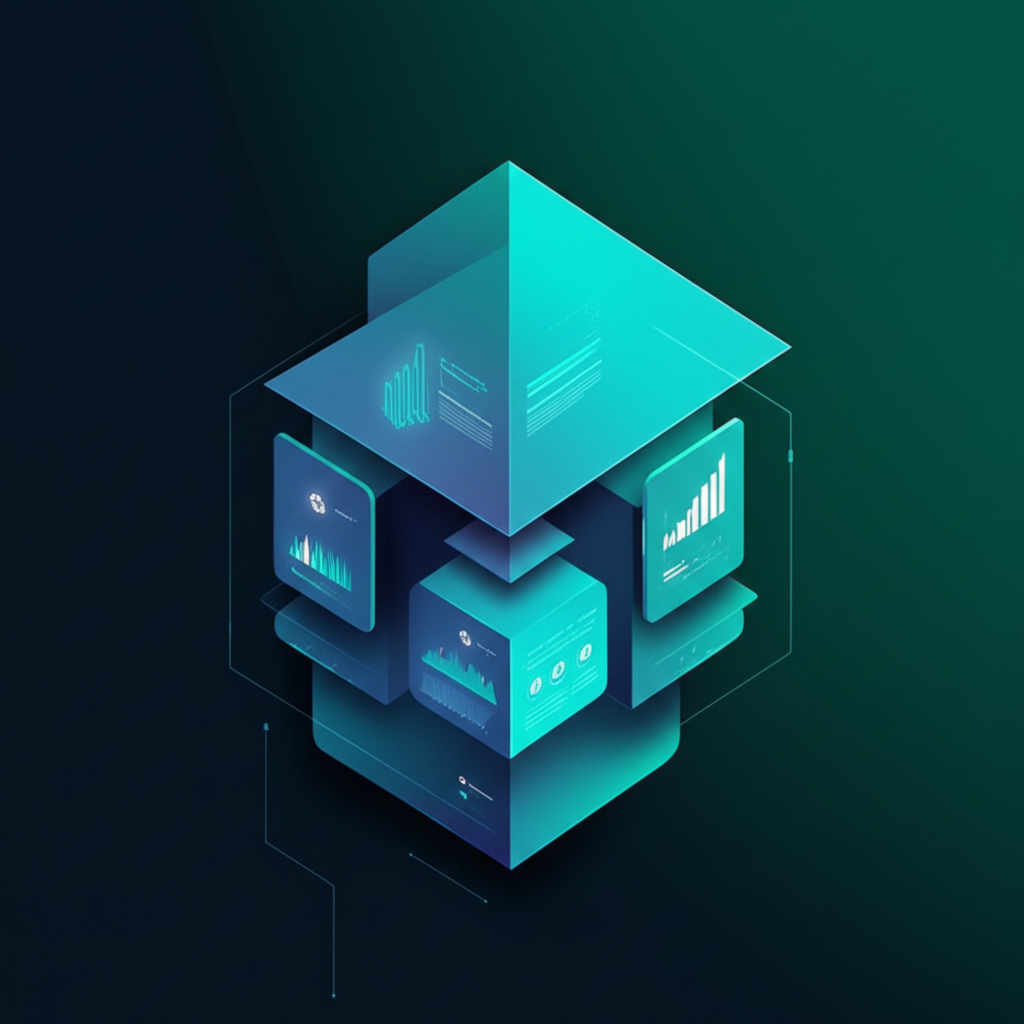|
I turn chaos into clarity.
About Me, But Cinematic
Explore my story, beliefs, and approach to life and work.
The Beginning
Started with a curiosity for how things work and a drive to build. Early fascination with technology and human potential shaped my path forward.

My Core Beliefs
I believe in the power of disciplined thinking, consistent action, and the fusion of human creativity with technological advancement.

How I Think
I approach problems by breaking them down to first principles, finding patterns others miss, and building solutions that scale beyond the immediate need.

My Philosophy
Growth happens at the edge of comfort. I embrace failure as data, physical training as mental conditioning, and continuous learning as the only constant.
The Work Showcase
A visual journey through projects, companies, and experiments that define my approach.

AI SuperBrain
Users struggle to organize and leverage their search patterns for content creation.

Reset AI iOS App
Generic advice doesn't help users achieve their unique goals.

Context Engineering
AI agents often fail when business context is missing or inaccurate.

AI Consulting: Technical & Strategy
Enterprises need both robust AI apps and a strategy that delivers real ROI, not just hype.
Current Challenges
The problems I'm currently working through and my approaches to solving them.
Select a Challenge
Explore my current professional challenges and how I'm approaching them.
Body of Work
Where physical discipline fuels mental performance and creative breakthroughs.
Weekly Training Split
Current Benchmarks
Mind × Muscle Connection
Physical training isn't just about aesthetics—it's a cornerstone of my cognitive performance and decision-making framework.
- •Resistance training improves executive function and working memory
- •Cardio enhances neuroplasticity and creative problem-solving
- •Discipline in the gym translates to discipline in business and life
- •Physical resilience builds mental toughness for entrepreneurial challenges
Live Thoughts
A digital whiteboard of ideas, projects, and insights in progress.
The most valuable skill in the AI era isn't coding—it's knowing what to ask for and how to evaluate the output.
Reading 'Thinking in Systems' by Donella Meadows. Her framework for identifying leverage points in complex systems is transformative for product strategy.
Working on a new framework for evaluating AI readiness in traditional businesses. Most companies focus on the wrong metrics.
The best founders I know don't just solve problems—they anticipate them before they become visible to others.
Hypothesis: The companies that will dominate the next decade will be those that master the art of human-AI collaboration, not just AI implementation.
Building a personal knowledge management system that combines graph-based connections with spaced repetition for learning.
Theory of Change
A framework for transforming how we build AI solutions that create meaningful impact.
Problem Definition
Most AI implementations fail because they solve technical problems rather than human ones. The first step is reframing the challenge from a human-centered perspective.
Key Insight
The most valuable problems to solve are often not the ones initially presented. By reframing challenges through a human lens, we discover opportunities for transformative impact rather than incremental improvement.
Example: Decision Fatigue
Technical framing: "We need an AI that can process more data points for decision-making."
Human-centered reframing: "Executives face cognitive overload that leads to decision paralysis. How might we reduce the mental burden while improving decision quality?"
Ask Gaurav
An interactive agent trained on my tone and mental models. Ask me anything.
Coming Soon
The Ask Gaurav chatbot will be available soon. Stay tuned!
Let's Make Something Extraordinary Together
Have an idea, opportunity, or just want to connect? Reach out via my social profiles below.